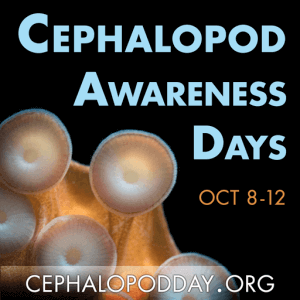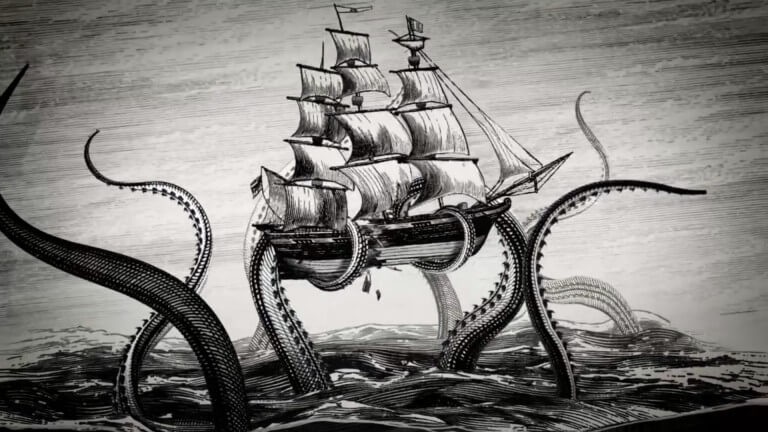October 16 is Dictionary Day
An immense effect may be produced by small powers wisely and steadily directed.
Noah Webster, 1821
Dictionary Day was founded to celebrate the life of Noah Webster, born on October 16, 1758. Why would anyone spend twenty-seven years of his life working in solitude to produce an American dictionary?
Webster sought to create a unifying, distinctly American standard for the spelling, usage, and pronunciation of words. He felt British spelling was unnecessarily complicated and changed words such as colour to color, plough to plow, musick to music.
In the process, Webster learned more than twenty languages, which allowed him to thoroughly examine each word’s origin and definition. This research significantly contributed to the fields of philology and lexicography.
By the time he finished in 1825 at the age of 66, Noah Webster had penned 70,000 words. Of those, 12,000 had never been included in any dictionary. (Among them: skunk, chowder, squash, and hickory.) American Dictionary of the English Language was published in 1828.
Critics disparaged Webster’s changes and additions, particularly his inclusion of non-literary scientific and artistic terminology, as presumptuous and detrimental to the purity of the English language. Despite such pronouncements, Noah Webster has become known as the father of the American dictionary.
You might be asking yourself right now, “What’s so weird about this holiday?” Nothing, except that few people other than English teachers and rabid word nerds know about it. This was a man of astounding tenacity who helped determine the very language we speak and the words you’re reading right now.
We just blew your mind.
More words:
TEDtalk: Erin McKean redefines the dictionary
Dictionary Day and the Quest for Words – visualthesaurus.com
![]()

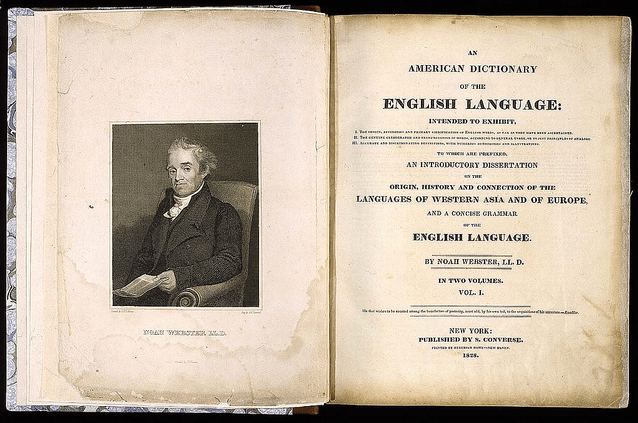
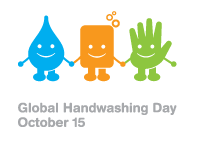
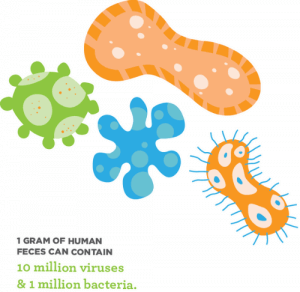
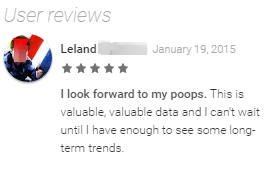 Leland, we wish you the best in your turd analysis. Perhaps
Leland, we wish you the best in your turd analysis. Perhaps 
